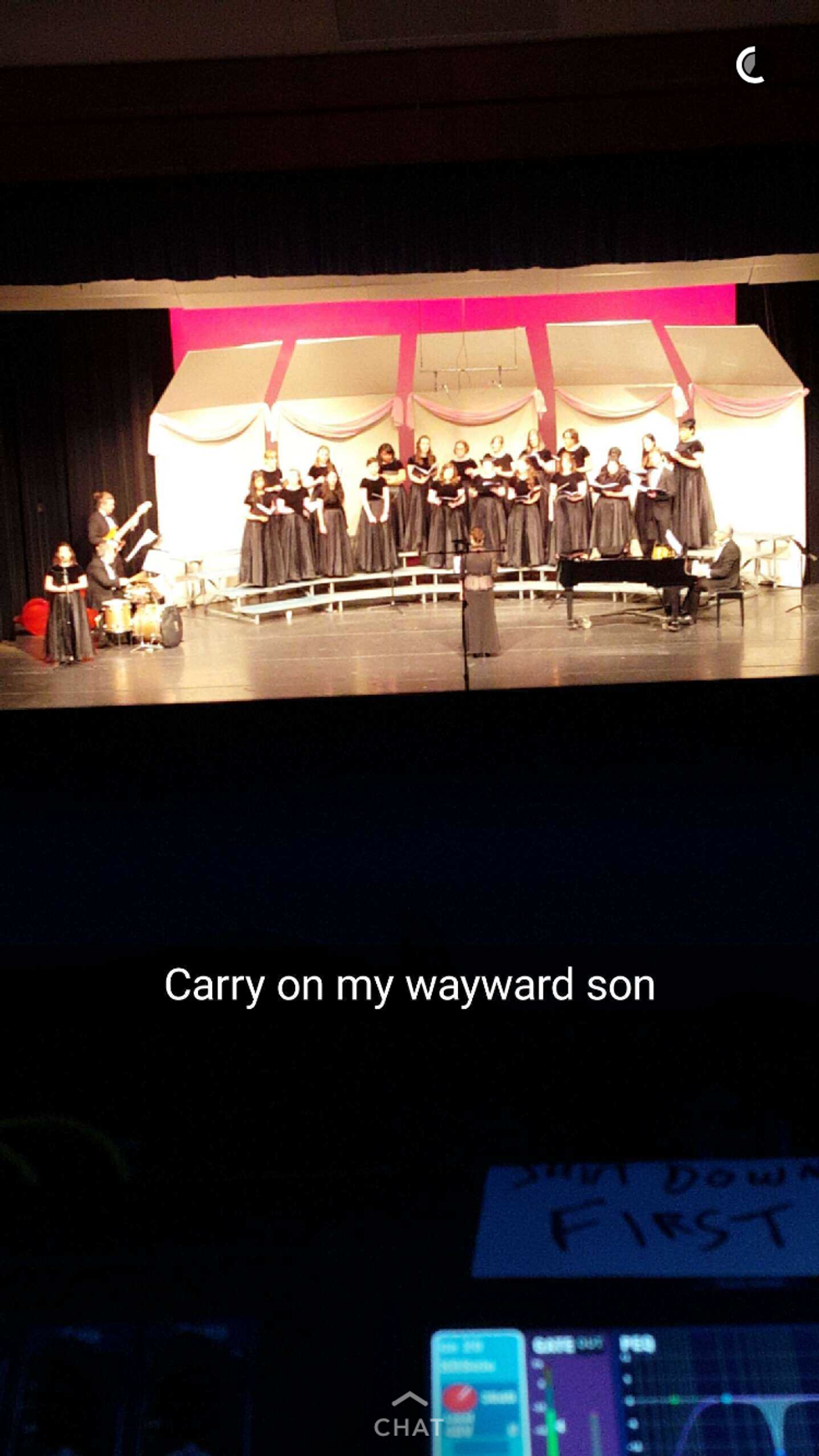The performing arts is one of humanity's greatest achievements.
Humans are storytellers. As a society, the ability to create and share our stories and turn them into moving, living, breathing pieces of art is the culmination of our social selves feeling the need to take the best and the worst parts of our lives, package them into spoken word, music, drama, dance, and so on, and communicate them with others.
Despite being such an integral part of the human experience, art is never taken seriously anymore. The performing arts are seen as a mere hobby instead of a career option. Schools of all sorts are cutting down on their art programs to make way for STEM-based courses, forgetting the days when art was seen as an absolute necessity for a well-rounded individual.
How are we expected to get a taste of the real world without sampling bits of all education has to offer? Science, technology, engineering, and math keep a society running up to a point, but it's the arts that bring us together and build community and camaraderie. Shared experiences make a Broadway show relatable; the affinity for symmetry and grace make dance recitals an enjoyable experience. Beyoncé and other performing artists have capitalized on the ability to combine vocals, choreography, catchy beats, stage presence (its very own form of acting), and lighting and pyrotechnics into a lucrative business, music to the eyes, the ears, and the wallet. But Beyoncé has spent nearly her entire life training to bring this kind of talent to the table. She can run an entire mile on the treadmill while singing, and she does so to keep her voice in key, on pitch, and audible while she is dancing her hardest.
The amount of training, rehearsal, time, effort, energy, and money that goes into putting on a quality performance is severely underestimated by the average Joe. Not everyone can just waltz onto a stage and sing an aria. Not everyone is even quite sure what an aria is. Last Saturday, I spent all day rehearsing and performing at the Regis College Spring Concert, the final for the semester's glee club course, and as a club officer, there is even more that went into that concert behind the scenes than one would think is even possible for a college concert. All thirty of us undergrads poured our blood, sweat, and tears into the blend of Mozart, Lady Gaga, MIKA, and The Beatles that went into our repertoire. Our set lists didn't even cover all that we'd learned that year. Artists all around the world contribute so much to society—secularly, religiously, politically, and more—and yet, all across the country, funding is slipping out of arts programs and being dumped into the coffers of the sports teams on campus, or siphoned into STEM courses.
There is value in athletics—there is much practice, skill, training, money, and so on that goes into just an intercollegiate game, let alone at the national level. STEM classes are also invaluable in a society that places more and more emphasis on technology and science to bring us into the new age. As we move toward the future, however, must we leave behind the performing arts?





















